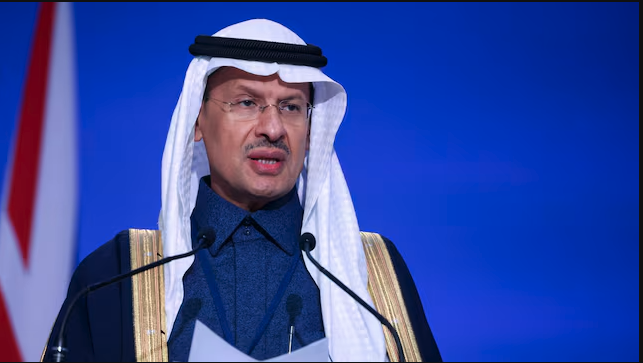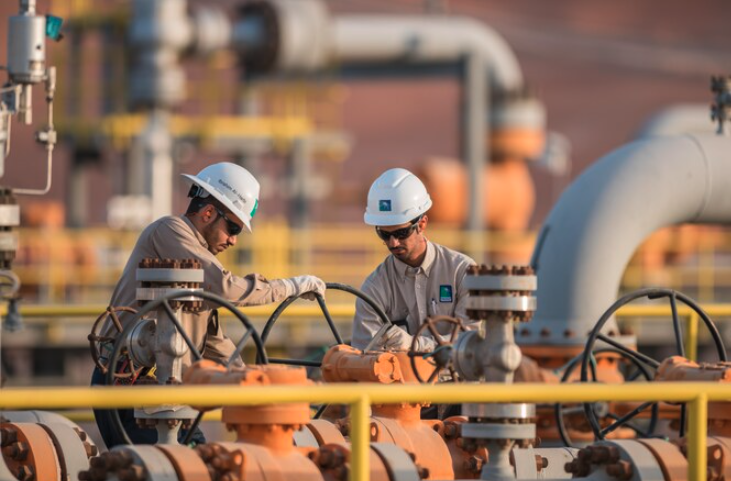ROME: When Fathy called his family in Egypt a week ago, they asked him to send money, as he had for the past year. But he had none, having lost his job as a car painter in the UAE in March, when a coronavirus lockdown was introduced.
Fathy’s sisters and aunt rely on his monthly transfers to “eat and drink and live,” said the 38-year-old, who declined to give his full name as he has been living and working in the Gulf state without a legal permit.
“They’re borrowing a little money from their neighbors at the moment to get by ... my heart goes out to them,” Fathy, who used to send home part of his 1,500 dirhams ($408) salary, said.
Strict curfews, lockdowns and travel bans enforced around the world to slow the spread of the COVID-19 pandemic have decimated jobs and slashed remittances from migrants like Fathy, cutting off a lifeline for millions.
About 270 million migrants sent $554 billion home to developing countries in 2019 — surpassing foreign direct investment flows for the first time and more than three times annual official development aid, according to the World Bank.
“It is a matter of time before poor families are not able to afford to buy things anymore,” said Dilip Ratha, lead author of a World Bank study that estimated a staggering 20 percent fall — more than $100 billion — in remittances to developing nations in 2020.
FASTFACT
About 270 million migrants sent $554 billion home to developing countries in 2019.
“Remittances ... provide basic means of livelihood, buying food, shelter, housing, clothing, medicine, and health care, sending children to school,” he said.
Plunging remittances will also hurt small merchants and businesses that serve the poor and ultimately the local economy as people stop buying things, Ratha said.
The shock has been swift.
“Millions of families got hit immediately by the lockdown simply because migrants ... could not work anymore,” said Pedro de Vasconcelos, manager of the UN’s Financing Facility for Remittances, set up to maximize their impact in rural areas.
“Families on the other side suddenly have their source of income, or at least part of it, disappear,” he said, adding that remittances account for 60 percent of rural households’ income.
“The remittances are a lifeline,” said de Vasconcelos, who works for the UN’s International Fund for Agricultural Development (IFAD). “It’s an emergency right now.”
One in nine people globally —some 800 million — benefitted from international remittances in 2019, according to IFAD.
In addition, a similar number of people send remittances within countries, said the World Bank’s Ratha. “Remittances are probably affecting a third, or maybe half of humanity. This is not small change or a side show,” he said.
This year, almost all regions are set to see a decrease.
Egypt is bracing for a triple whammy: A collapse in tourism, and falling foreign remittances — which make up nearly 9 percent of GDP — and Suez Canal revenues, according to the International Food Policy Research Institute.
Even in an optimistic scenario, poor households could lose about 160 Egyptian pounds ($10) per month, about 9 percent of their income, from reduced remittances, said Clemens Breisinger, a researcher with the Washington-based think-tank.
The coronavirus crisis may have one upside — more people may start sending money home digitally, which the World Bank said can be 50 percent cheaper than traditional transfers.
With social distancing measures, lockdowns and the closure of many banks and Western Union offices, some digital remittance companies are witnessing a surge in online transfers.
French startup Monisnap said that it was already seeing a shift. Digital transfers from Europe to mobile SIM cards, mainly in Africa and Asia, jumped 300 percent worldwide in the last six weeks while traditional cash transfers fell by about 15 percent, said CEO Raphael Riviere.
“We definitely can connect the dots between confinement and the increase,” he said from Paris. “That is a big bump and we could see (the difference) from one day to the next when confinement was announced.”
Similarly in Jordan, in the early days of the country’s curfew in March, the central bank announced Western Union would be available online for the first time to allow foreigners under lockdown to send money abroad.
People without a bank account, such as Syrian refugee Abdulrazzaq Hassan are using the service to send money home using a digital wallet, which allows him to make transfers using his mobile phone.
“The positive side of the lockdown is that it eased financial procedures,” he said.
Two out of three people in Jordan do not have a bank account, with higher rates among its large refugee population.
But cheaper and easier remittance procedures provide no solace to Fathy, who is waiting for the lockdown to end so that he can start work again.
“The only reason I’m working abroad is because my family depends on me,” he said.






























